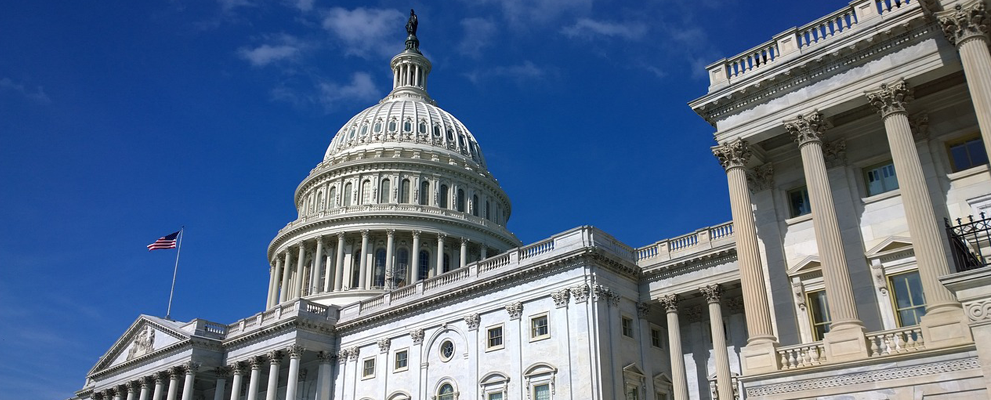Proposed Legislation Seeks to Link Texas Power Grid with Rest of U.S.
If you live in Texas, there’s a good chance you draw electricity from the Texas power grid, managed by the Electric Reliability Council of Texas (ERCOT). The Texas power grid provides energy to over 26 million Texans, including residents of major cities like Houston and Austin. According to the Energy Information Administration, Texas produces more electricity than any other state, accounting for about 12% of the nation’s total electricity net generation.
Texas chose to keep its power grid separate from interstate connections to avoid federal regulation of its system. That means the Texas power grid doesn’t cross state lines and can be managed independently in most parts of Texas. Overall, 90% of the state’s power supply comes from the Texas power grid, making it vital for the grid to produce enough power year-round.
Texas also has a deregulated energy market, which means that energy prices aren’t set by a public utility commission. Retail providers can purchase electricity at wholesale prices and sell it to consumers, which gives consumers more choices and allows energy providers to offer specialized plans.
However, newly proposed legislation called the “Connect the Grid Act” could upend Texas’ energy independence. The bill, H.R. 7348, introduced by Representative Greg Casar (D-TX) and co-led by Representative Alexandria Ocasio-Cortez (D-NY) and Senator Ed Markey (D-MA), would require ERCOT to connect with neighboring grids and share its power across state lines. This would effectively place the Texas grid under federal regulatory authority.
Supporters of the bill assert that Texas’ renewable resources and clean energy production could help the U.S. in reaching its climate goals. The legislation would mandate that ERCOT share 4-12 gigawatts (GW) of electricity with the Southwest Power Pool, 2-16 GW with the Midcontinent Independent System Operator, and 2-6 GW with the Western Interconnection grid. It would also direct the Department of Energy to study the benefits of increased power sharing between Texas and Mexico.
While the Connect a Grid Act faces an uphill battle in the current Congress, its Democratic sponsors remain optimistic. “Once we take back the majority we’ll have the votes,” said Representative Jasmine Crockett (D-TX), a co-sponsor of the bill. “It may not be tomorrow but we will get this done.”





